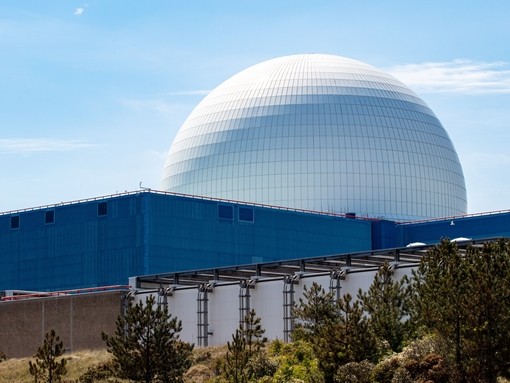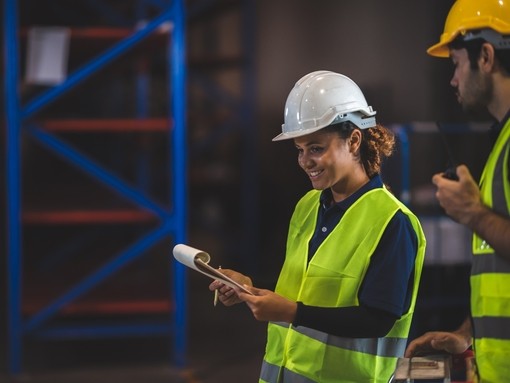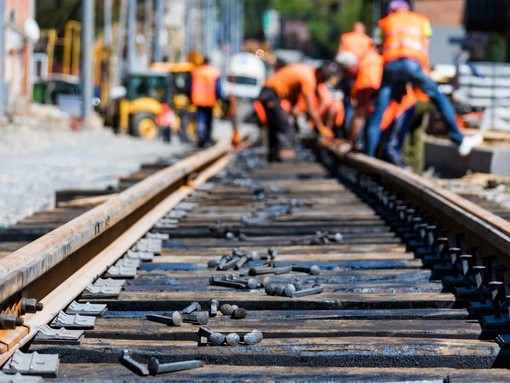
A Low-Carbon Fleet Future Requires an Ecosystem of Solutions | Shell's Sarah Llewelyn Barden
As part of our larger Group strategy towards a target of being carbon neutral by 2023, in February this year Morson and Vital Human Resources became the first million litre per year users to adopt Shell’s Destination: Carbon Neutral fuel card scheme.
Sarah Llewelyn Barden, Head of Fleet Solutions UK at Shell, explains how their broader UK carbon offsetting programme, and the partnerships they have established are helping Shell and their customers avoid, reduce and offset their emissions.
A low-carbon fleet future requires an ecosystem of solutions – Sarah Llewelyn Barden
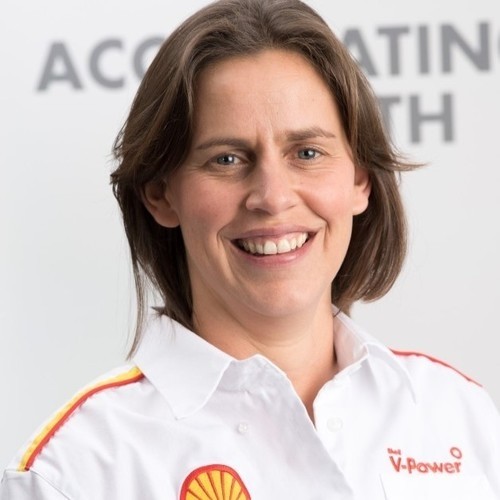
Earlier this year, Shell announced its ambition to become a net-zero emissions energy business by 2050 or sooner, in step with society and our customers. Becoming a net-zero emissions energy business is a huge task. The business plans we have today will not get us there. So, our plans must change over time, as society and our customers also change.
In my role as Head of Shell Fleet Solutions UK, I’m seeing a drive towards decarbonisation being echoed across the transport industry, which currently accounts for 34% of the UK’s carbon dioxide emissions. Our aim at Shell Fleet Solutions is to provide businesses with support at every stage of their transition by offering a variety of services and expertise to help avoid, reduce and offset their emissions. For example, with our e-mobility offer, launched earlier this year, we hope we will help fleets to avoid creating emissions. And, with Shell Telematics, we can help fleets to improve fuel efficiency and reduce their carbon footprint.
Offsetting emissions is important where fleets are producing less avoidable carbon dioxide emissions. So, last year, we launched our carbon offsetting programme, to help fleets tackle hard to avoid emissions and drive carbon neutral, while they continue to work towards long term solutions. Customers can opt-in to have carbon dioxide emissions from their fuel purchases offset for them, for a small fee. We do this by buying carbon credits from Nature-Based Solutions (NBS) projects around the world, which help to protect and restore natural ecosystems that absorb carbon dioxide (CO2) from the atmosphere. These projects also help to improve the livelihoods of local communities and preserve biodiversity and wildlife.
I would like to highlight two partnerships that we have established: Morson International and Vital Human Resources, part of the Morson Group, are two of the first signatories to our Shell Fleet Solutions UK carbon offsetting programme, signed by our Fuel Card Agent, Juice Fuel Management Ltd. Over the last year, we’ve been working with these two companies to help advance their wider sustainability goals, alongside fleet manager, David Robinson, who initiated the contract between Shell and the Morson Group of companies.
Bridging the gap between commercial vehicle technology with Morson
As the largest supplier of contingent labour to the rail industry, the Morson Group operates a large van fleet that services rail contracts nationwide. Nearly 75% of the company’s carbon dioxide emissions are generated by its fleet, so reducing them is a central component of their ambition of becoming carbon neutral by 2023.
To support this sustainability drive, Morson has reviewed its fleet vehicles to ensure they are Ultra Low Emissions Zone (ULEZ) compliant, has introduced hybrid and electric vehicles to eliminate emissions entirely where possible, and has plans to implement smart-grid technology to power 25 EV charge points at its head office – an increase from its current seven – combined with multiple other installations across its nationwide branch network. During this process, the Shell Fleet Solutions carbon offsetting programme has helped to eliminate its difficulty to avoid carbon dioxide emissions:
Gareth Morris, Group Director, Health, Safety, Quality and Environmental Compliance, Morson Group, said:
“Sustainability has been a key objective for Morson for a decade, and we’re passionate about using commercial vehicle technology to improve lives, and the world we live in. Shell has become an important partner for our business in bridging the gap between the two factors. Carbon offsetting is a simple and effective way for us to track our carbon.”
Promoting people-powered progress at Vital
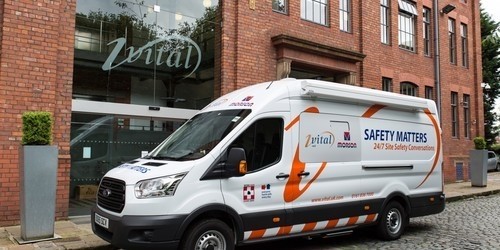
Vital Human Resources Ltd is the UK’s largest supplier of skilled personnel to the rail industry and has over 550 commercial vehicles operating across the UK. Reducing CO2 emissions is a key goal for the company. Long term, they are looking to reduce environmental impact by creating a smaller, more reactive safety fleet through hybrid technology, and electrifying its commercial vehicles. In the interim, Shell is working with Vital through our carbon offsetting programme to reduce the impact of difficult to avoid emissions, in a way that aligns with Vital’s ethos. Gary Hardaker, Executive Director at Vital said:
“Driving sustainability goals forward has always been considered a collaborative effort at Vital. When the carbon offsetting programme was brought to our attention, knowing that we could work with Shell to reduce our fleet’s carbon dioxide emissions made our decision a straightforward one. Shell is our fuel card provider, and as carbon credits are directly calculated based on our fleet fuel consumption, it allows us, and our staff, to recognise our contribution to wider sustainability goals.”
Working towards a net-zero future
As we look towards the future of the fleet industry, with the rise of electrification and fuels like hydrogen and LNG also growing in popularity, the industry’s shared ambition and commitment to achieving sustainability goals is clear.
While Shell Fleet Solutions continues to progress the infrastructure, data-led solutions and alternative fuels needed to avoid and further reduce emissions, carbon offsetting allow fleets to offset difficult to avoid emissions as they move along their journey to decarbonisation. We are proud to be able to support them now and in the future.










